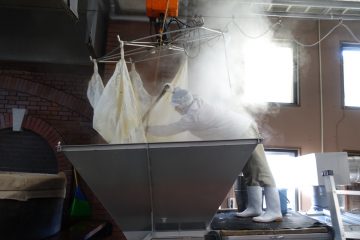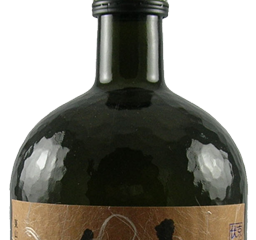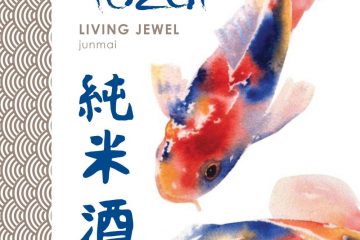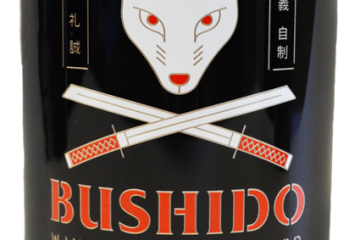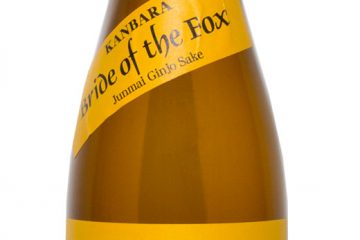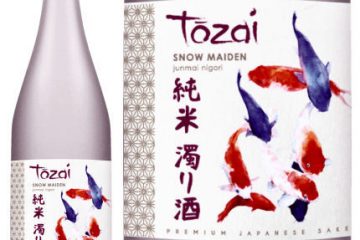This should be a success story. In 1990, Fukushima prefecture got zero gold medals at the Japan sake awards. This was just when Japanese consumers started to pay more for premium sake, so the local government took the embarrassing shutout seriously. Fukushima's government started a sake academy to teach brewers
A complex sake with a multilayered palate. The color is quite clear, like water, but with better legs. Apple, white florals, and hints of caramel roil up from the glass. The palate leads with caramel apple and banana, followed by deeper flavors of potato and truffle. A tiny bite of
A complex sake with a multilayered palate. The color is almost perfectly clear, with barely a hint of straw. The nose is complex, offering yeast, melon, and pear. There is a lot of movement on the palate, opening with melon, then rolling through pears, white florals, hazelnut, and raspberry. Potato
Sake meets summer, in a convenient 180ml can. The color is perfectly clear, and just it is just slightly more viscous than water. Pears and rice come through on the nose. On the palate, it's slightly sweet, offering melon and poached pear, followed by tart raspberry and hints of white
The color is clear, with just the slightest hint of straw. Green grapes and kiwi show on an intensely fruity nose. On the palate green grapes and pistachio give way to white pepper and cocoa. Clean and round, with a smooth mouth feel, this would pair well with stone crab.
The color is milky-white, with lots of particulate in suspension. Aromas of fresh-cut honeydew melon waft up from the glass. Loads of fresh melon, honeydew and cantaloupe, light up the palate, followed by white pepper and radish. White pepper lingers. The flow from sweet to sharp is fascinating. It pairs
Sake is changing. The most expensive Japanese versions, Ginjo and Daiginjo, are getting sweeter on average. Yet mid-range artisanal sake (Junmai) is getting drier. As such, it may be time for dry wine lovers to give up on Daiginjo, save some money, and switch to Junmai. I don't believe anyone
Rice needs to be polished to make premium sake. But there's an arms race going on, and American consumers have something to do with it, because unlike so much about sake, we can easily understand numbers. Hollywood celebrities and Las Vegas high rollers are seeking out sakes with absurdly low

